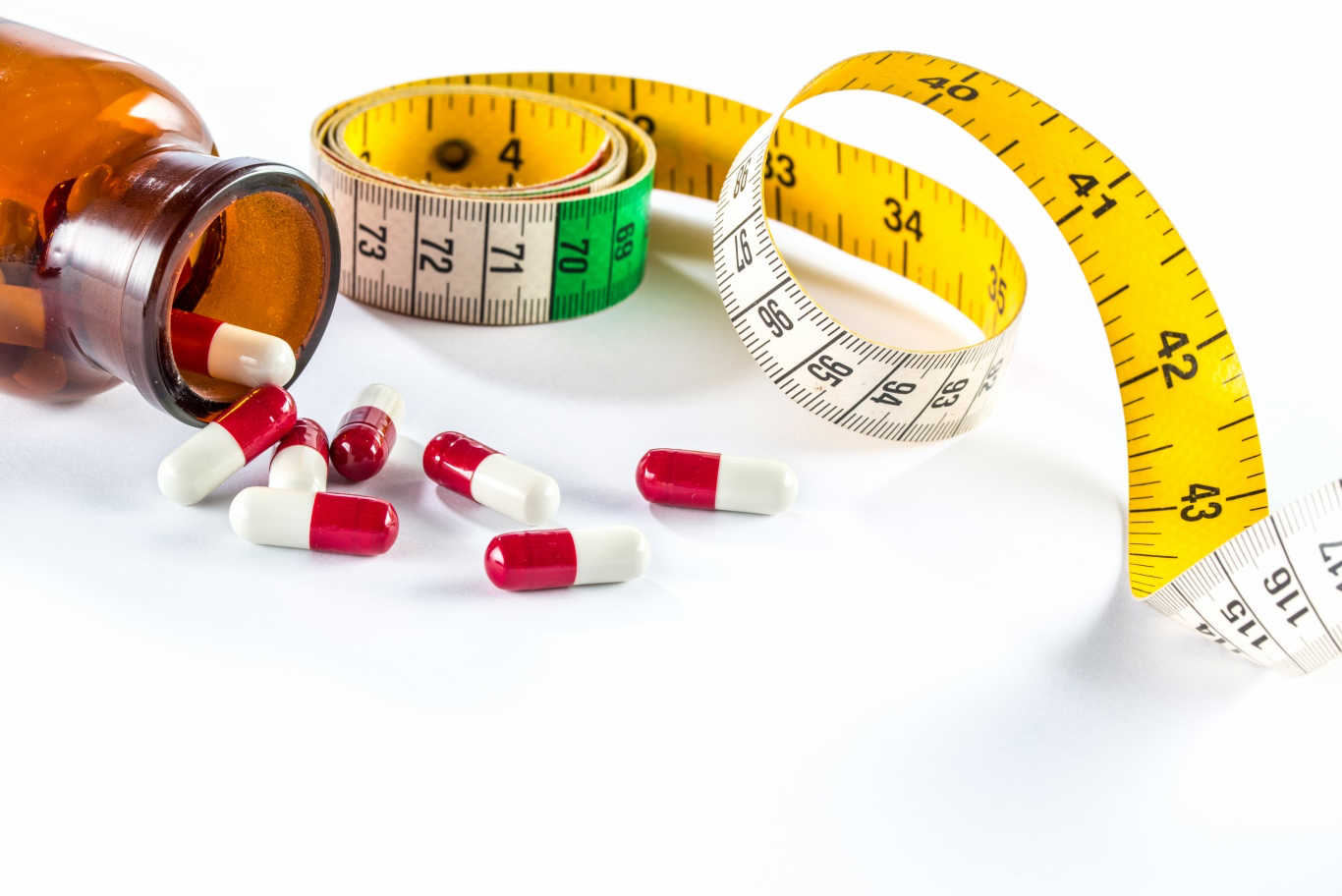
Drug-induced weight gain is a serious side effect of many commonly used drugs leading to noncompliance with therapy and to exacerbation of co-morbid conditions related to obesity.
Many of the drugs used to treat obesity-linked conditions such as diabetes, high blood pressure, and depression can themselves cause weight gain. How? Some medications can increase appetite, cause fluid retention, or slowly lead to weight gain over a period of time due to fatigue and lower activity.
If a rapid weight gain occurs in a short period of time, a physician should be contacted for evaluation, especially if the patient is at risk for heart disease or high blood pressure
![]()
Insulin: Improved glycemic control achieved by insulin, insulin secretagogues or thiazolidinedione therapy is generally accompanied by weight gain. It is a problematic side effect of therapy due to the known deleterious effect of weight gain on glucose control, increased blood pressure and worsening lipid profile.
![]() Antipsychotic drugs: The atypical antipsychotic drugs (clozapine, olanzepine, risperidone and quetiapine) are known to cause marked weight gain. These drugs, used for schizophrenia and bipolar disorder, have potent antihistamine activity and inhibit serotonin, which may trigger weight gain.
Antipsychotic drugs: The atypical antipsychotic drugs (clozapine, olanzepine, risperidone and quetiapine) are known to cause marked weight gain. These drugs, used for schizophrenia and bipolar disorder, have potent antihistamine activity and inhibit serotonin, which may trigger weight gain.
![]()
Antidepressant: Remeron is an antidepressant that enhances serotonin and norepinephrine, which are linked to weight loss. Yet the antihistamine activity of this drug may tip the scales toward weight gain.
![]()
Serotonin Reuptake Inhibitors (SSRIs): Although Prozac, an SSRI, is generally associated with weight loss, it can have the opposite effect in the long term. A 60-week study found that, although patients on Prozac shed more than the placebo group (up to 11 pounds in the first six months), they started to regain the weight about halfway through the study.
![]()
Mood Stabilizers: used to treat bipolar disorder include lithium (Lithobid), valproic acid (Depakene), divalproex sodium (Depakote), carbamazepine (Tegretol, Equetro, others) and lamotrigine (Lamictal). All of these medications are known to increase the risk of weight gain except lamotrigine.

![]()
Antiepileptic drugs (AEDs): They promote weight gain include valproate, carbamazepine and gabapentin. Lamotrigine is an AED that is weight-neutral, while topiramate and zonisamide may induce weight loss. A 2007 study of epilepsy patients found that 44 percent of women and 24 percent of men gained 11 pounds or more while taking Depakote for about a year. The drug affects proteins involved in appetite and metabolism, although it’s not clear why it appears to affect women more than men.
![]()
Migraine: Tricyclic antidepressants (TCAs), such as amitriptyline, are linked to weight gain more than other antidepressants or migraine meds. TCAs affect neurotransmitters involved in energy and appetite, such as serotonin, dopamine, and acetylcholine, their antihistamine activity is the reason for weight changes.
These drugs are given less often for depression because an overdose can damage the heart. Lower doses can prevent migraines, but a 2006 study found that 30% of people taking amitriptyline for migraines gained more than 5% of their body weight in 26 weeks.

![]()
Oral Corticosteroid: Such as Deltasone, are more potent than inhaled forms and carry a higher risk of weight gain, particularly with long-term use. A 2006 survey of long-term oral-corticosteroid users suggested 60 percent to 80 percent had gained weight. Higher doses, such as those for asthma and inflammatory bowel disease, are more likely to have this effect than lower doses, such as those for rheumatoid arthritis.
![]()
Beta Blockers: They are among the go-to drugs for high blood pressure, but the older ones, such as Tenormin, Lopressor (metoprolol), and Inderal (propranolol), can expand the waistline. According to a study people found taking Tenormin gained about 5 more pounds than the placebo group, and research suggests that most of the weight is gained in the first few months. These drugs can slow calorie burning and cause fatigue.
![]()
Contraception drug: According to studies, both birth control pills and contraceptive shots, such as DeproProvera, can have weight gain as a side effect. The test involved teenagers who used these contraceptive measures for one year. After this period, the average weight gain of contraceptive shot users was of 6.6 pounds, while the teenagers that took birth control pills had an average weight gain of 5.3 pounds. In 7 percent of birth control pills users, the weight gain exceeded 10 percent. On the other hand, the weight gain exceeded 10 percent of the body weight in 25 percent of contraceptive shot users.
As the number of prescriptions has risen, so too have concerns about the dramatic weight gain that occurs in as many as 30% of patients who take these drugs. In some cases, the drugs also appear to contribute to elevated blood-sugar levels, high blood pressure, and other risk factors for heart disease and diabetes.
Disclaimer
The Content is not intended to be a substitute for professional medical advice, diagnosis, or treatment. Always seek the advice of your physician or other qualified health provider with any questions you may have regarding a medical condition.



